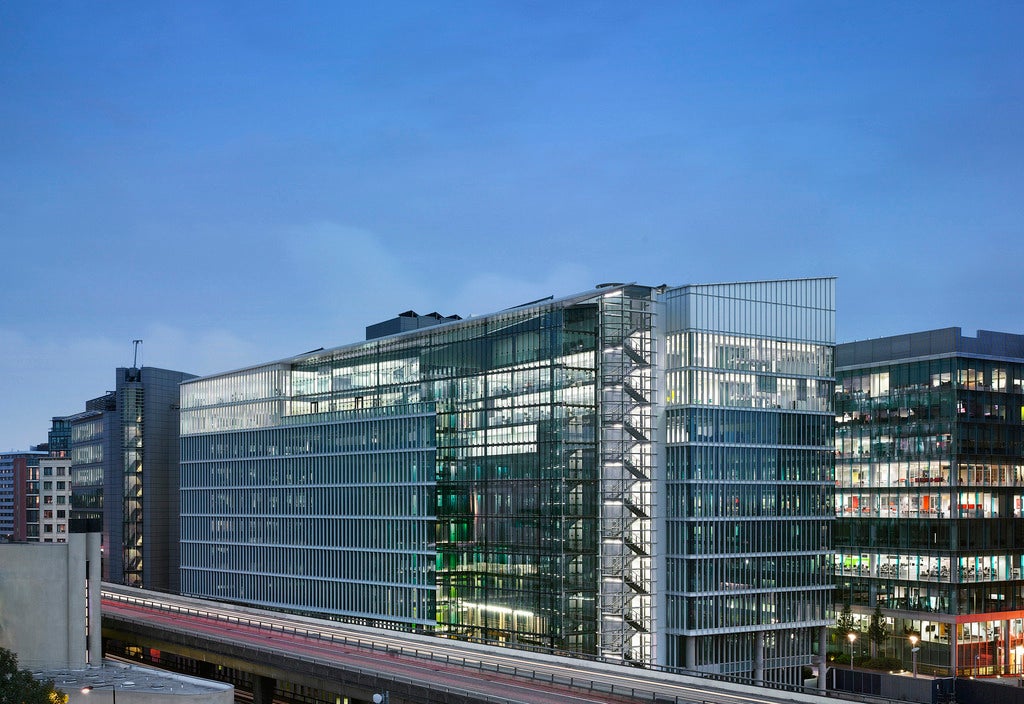 The UK’s National Institute for Health and Clinical Excellence (NICE) has snubbed AstraZeneca breast cancer drug Faslodex in its final guidance, deeming it an inefficient use of NHS resources.NICE determined that the drug does not work significantly better than other treatments already in use, commenting in its final guidance that AstraZeneca’s claims of extending life were found to be "considerably uncertain".NICE also concluded that AstraZeneca had not provided sufficient evidence to substantiate claims that the drug extends life or delays tumour progression over what can be achieved through aromatase inhibitor therapy.Concerns were also raised over the certainty surrounding the incremental cost-effectiveness ratio of the drug, suggested by the company to be £35,000 per quality-adjusted life year for Faslodex in a dose of 500mg.Faslodex also failed to fulfil end-of-life criteria specified by NICE as the CONFIRM trial in which the drug was tested had shown that the drug is indicated for use by women with a life expectancy that exceeds 24 months.Faslodex is an alternative treatment to aromatase inhibitors for postmenopausal women who have already received anti-oestrogen therapy for oestrogen-receptor-positive, locally advanced or metastatic breast cancer.Caption: AstraZeneca’s headquarters in London, UK.
The UK’s National Institute for Health and Clinical Excellence (NICE) has snubbed AstraZeneca breast cancer drug Faslodex in its final guidance, deeming it an inefficient use of NHS resources.NICE determined that the drug does not work significantly better than other treatments already in use, commenting in its final guidance that AstraZeneca’s claims of extending life were found to be "considerably uncertain".NICE also concluded that AstraZeneca had not provided sufficient evidence to substantiate claims that the drug extends life or delays tumour progression over what can be achieved through aromatase inhibitor therapy.Concerns were also raised over the certainty surrounding the incremental cost-effectiveness ratio of the drug, suggested by the company to be £35,000 per quality-adjusted life year for Faslodex in a dose of 500mg.Faslodex also failed to fulfil end-of-life criteria specified by NICE as the CONFIRM trial in which the drug was tested had shown that the drug is indicated for use by women with a life expectancy that exceeds 24 months.Faslodex is an alternative treatment to aromatase inhibitors for postmenopausal women who have already received anti-oestrogen therapy for oestrogen-receptor-positive, locally advanced or metastatic breast cancer.Caption: AstraZeneca’s headquarters in London, UK.

Discover B2B Marketing That Performs
Combine business intelligence and editorial excellence to reach engaged professionals across 36 leading media platforms.




